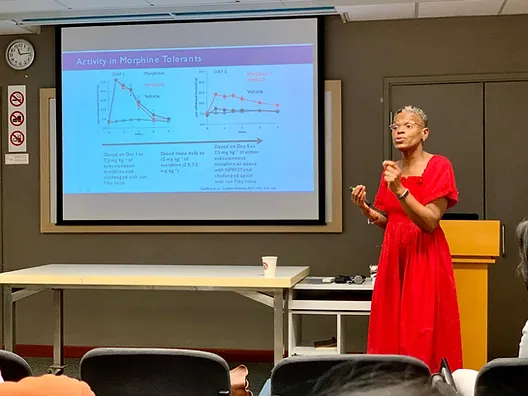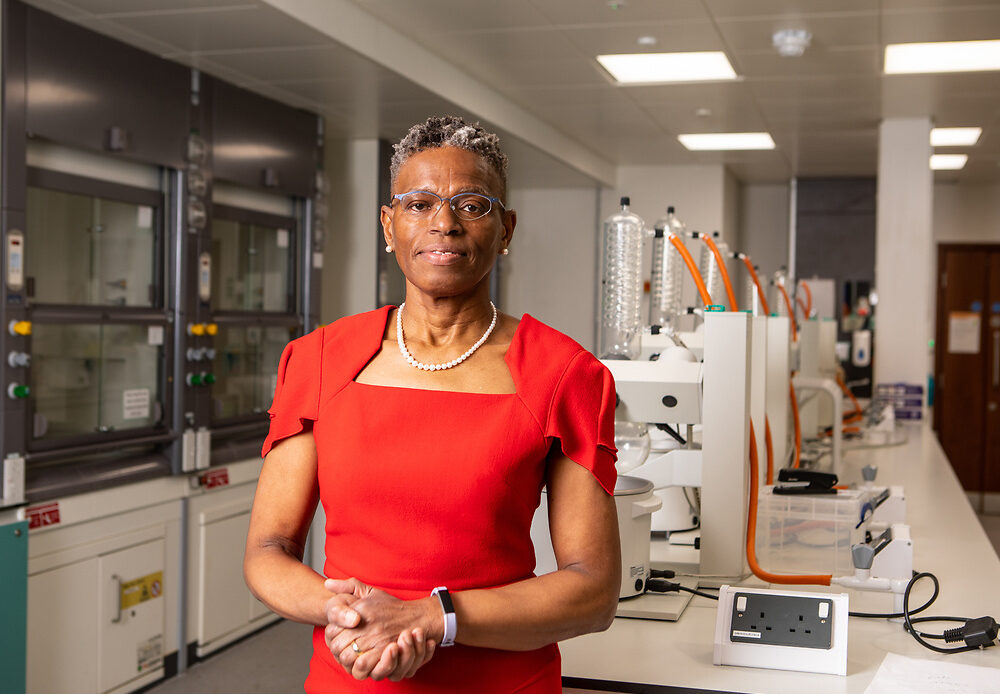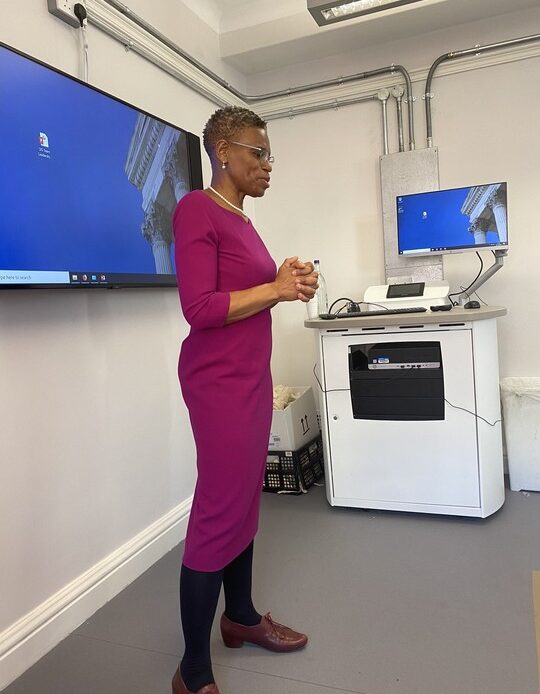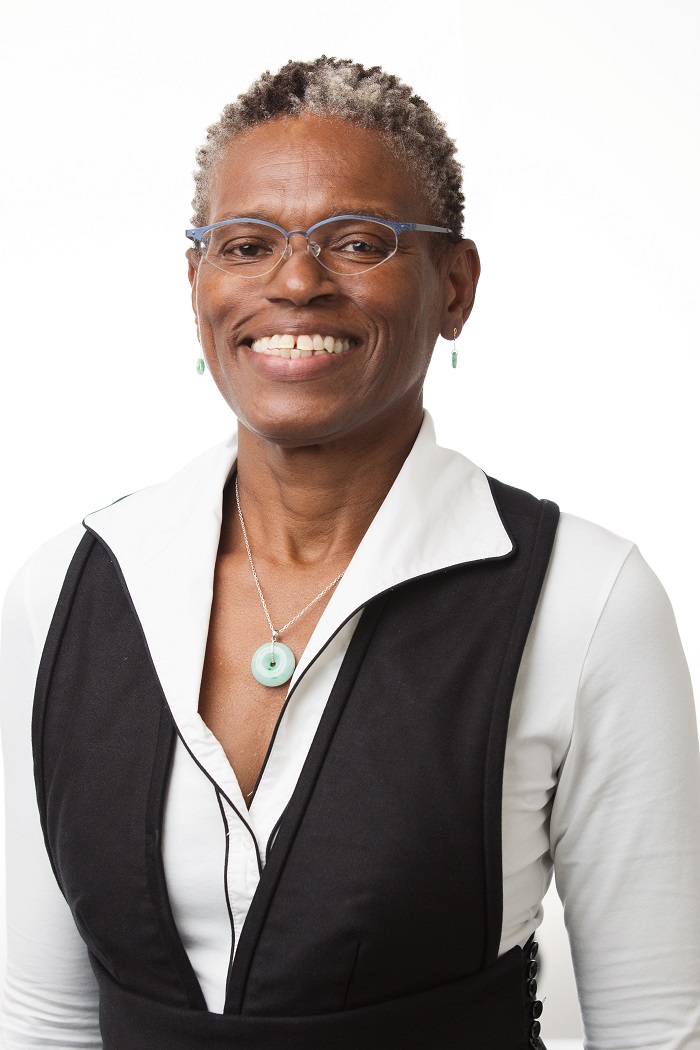
In a world where science, innovation, and equality often seem like divergent paths, Dame Ijeoma Florence Uchegbu is a testament to what is possible when brilliance meets resilience. Recently honored as a Dame Commander of the British Empire, her contributions to pharmaceutical nanotechnology and her relentless advocacy for diversity in STEM fields are groundbreaking. Born to Nigerian roots and shaped by a life of challenges and triumphs, Uchegbu’s journey is a beacon of hope and inspiration for women and minorities striving to thrive in spaces that were once inaccessible.
Early Life and Foundations of Excellence
Ijeoma Florence Uchegbu was born in Hackney, London, on August 16, 1960, and spent part of her childhood in Nigeria. Growing up amidst the socio-economic aftermath of the Nigerian Civil War, her early life was characterized by perseverance. Returning to Nigeria with her family, Uchegbu experienced the stark contrast in education systems. Science became her sanctuary—a familiar ground where she could thrive despite the turbulence around her.
Read: Ghana Inaugurates Her First Female Vice President, Jane Naana Opoku-Agyemang

She pursued pharmacy at the University of Benin, graduating in 1981, and furthered her studies with a Master’s degree at the University of Lagos. However, the 1980s in Nigeria posed significant challenges for researchers. With limited infrastructure, she often had to travel long distances to access basic equipment, a reality that shaped her understanding of resource limitations in science.
Determined to achieve her dreams, Uchegbu returned to the UK to complete her PhD as a mature student. Balancing her studies while raising three young children as a single mother, she found solace in the accessibility of resources and the kindness of her academic mentors. Her experience of struggle and resilience laid the foundation for her future advocacy and leadership.
Pioneering Pharmaceutical Nanotechnology
Dame Ijeoma’s career has been defined by her groundbreaking work in pharmaceutical nanotechnology. Joining the University of Strathclyde as a lecturer in 2002, she explored the potential of polymer self-assembly for drug delivery. Her research on nanoparticles capable of crossing biological barriers revolutionized treatments for brain tumors and chronic pain management.
In 2010, she co-founded Nanomerics, a pharmaceutical nanotechnology company that developed the Molecular Envelope Technology for drug delivery. This innovation won the Royal Society of Chemistry Emerging Technologies Prize in 2017 and addressed global health challenges, including the opioid crisis, through non-opioid pain relief solutions.
Beyond her research, Uchegbu has held significant leadership roles, including Pro-Vice Provost for Africa and the Middle East at University College London (UCL). Her contributions to equality and diversity have earned her numerous accolades, including the Royal Pharmaceutical Society’s Pharmaceutical Scientist of the Year Award in 2012 and the UK Government’s Women of Outstanding Achievement in Science and Technology in 2007.
A Vision Rooted in Innovation and Equality

Uchegbu’s vision extends beyond innovation. It is deeply rooted in creating access and opportunities for underrepresented groups. As a scientist, she is driven by the belief that research should address real-world problems, and as a leader, she champions diversity as a core value.
Her leadership at UCL saw the implementation of the Race Equality Charter, which earned the university a Bronze award in 2020. She is particularly proud of leading efforts to remove the names of eugenicists from UCL buildings, a symbolic step toward inclusivity in academia. “Kindness and empathy,” she asserts, “are as critical as technical expertise in creating transformative change.”
Read: Professor Ijeoma Uchegbu Honored as Dame Commander for Contributions to Science and Equality
Global Reach, Local Focus
Dame Ijeoma’s impact spans scientific innovation, education, and advocacy. Her work in nanomedicine continues to inspire the next generation of scientists, while her leadership in equality initiatives has reshaped policies at institutions like UCL. As President of Wolfson College, Cambridge, she is expected to further amplify her influence in fostering inclusive academic environments.
Her story resonates globally, particularly in Africa, where she has spearheaded collaborative research and student recruitment. Her work underscores the importance of bridging resource gaps and empowering communities to participate in global innovation.
Navigating Adversity with Grace
Uchegbu’s journey has been anything but smooth. From balancing motherhood and academic aspirations to facing systemic barriers as a Black woman in STEM, her path required immense resilience. Yet, she views these challenges as opportunities for growth.
“Doing research is hard,” she reflects. “There’s lots of setbacks, but I didn’t dwell on frustration because I had bigger challenges at home.” Her story serves as a reminder that perseverance, coupled with kindness and support, can break down the toughest barriers.
A Legacy of Hope and Innovation

Dame Ijeoma Florence Uchegbu’s life is a masterclass in turning adversity into opportunity. Her contributions to science and her commitment to equality have left an indelible mark on the global stage. As she prepares to lead Wolfson College, her story inspires scientists, women, and minorities worldwide to dream bigger and push boundaries.
Her legacy reminds us that brilliance knows no bounds, and with empathy and determination, the impossible becomes achievable.
